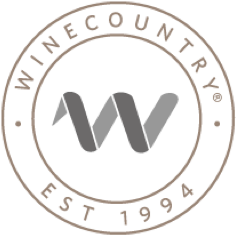To Certify or Not to Certify
Certification, particularly for organics, is a long and expensive process, which is why more and more wineries are following these practices without applying for the official seal. Other specialized certifications have sprung up over time that focus on specific aspects of sustainability. But you may be wondering, what’s the difference between them and why go through the certification process in the first place?
“Organic” is the only term regulated by the government as opposed to a third party certification program. There are two accepted levels in the U.S.: “organically grown grapes,” which eschews the use of chemicals in the vineyards, and “organic wine,” which also incorporates practices in the winery.
Biodynamics is similar to organics, but views the vineyard as an entire ecosystem. It considers lunar cycles and its own proprietary calendar when determining when to plant, harvest, and perform other viticultural tasks (there’s even a calendar that tells you which days are the best days to drink wine!).
Sustainability offers a bit more flexibility in terms of what is allowed in the vineyard—both organic and biodynamic practices are allowed—but sustainability also has a commitment to social and environmental responsibility for workers and the greater community.
Regardless of the actual term, wineries that put these practices to use do it because it’s either good for the environment, good for the grapes, and/or good for you. As we become more aware of what we eat and what goes into the items we use every day—even the ingredients in our beauty products—it’s only natural that we consider how our wine is being made. Not only is it important on a personal level, but these practices have widespread effects on our environment and community as a whole. We’re all for ways to improve our surroundings and make healthy choices for us and for future generations, so we’ve rounded up a list of some of the most ecologically mindful wineries in the country.


















